Ezinwanne Onwuka
A lot has happened since my last opinion piece. A lot so interesting, intriguing, and mind-boggling, that I found myself constrained to mere observation—reading news headlines, watching broadcasts, and then murmuring in bemusement: Seriously?
Let me briefly highlight the events I speak of.
First, the drama at the Upper Legislative House between Senator Natasha Akpoti-Uduaghan and President of the Senate Godswill Akpabio. A little fire that was sparked by something as trivial as a change in seating arrangement quickly turned into a wildfire. In a twinkle of an eye, a plenary session descended into mudslinging and personal attacks because of a seat—an ordinary seat! What does that tell Nigerians about the quality of our leaders? It tells us, quite frankly, that ego, power play, and personal vendettas have taken precedence over the weighty matters of national concern. From the allegations of sexual harassment against the Senate President to the six-month suspension slammed on the Senator, it was a spectacle that left Nigerians stunned.
Then came President Tinubu’s declaration of a state of emergency in Rivers State and the suspension of the governor, his deputy, and all members of the House of Assembly for six months. Legal debates flew from every corner about the legality of the latter. I read a lot of divergent views on the issue until I became mentally exhausted. It is too sad that the principles of checks and balances in democratic governance have been sacrificed at the altar of blind loyalty to “one man’s mandate.” I mean, how else does one explain the swift approval of the President’s action by the National Assembly when it is obvious that he acted ultra vires? On this, I strongly align with the Nigerian Bar Association’s position that the action is a “dangerous affront” to democracy.
Next is the defection of former Kaduna State Governor, Nasir El-Rufai, from the All Progressives Congress (APC) to the Social Democratic Party, a move he claims is aimed at rescuing Nigeria from the “existential crisis” created by the ruling party. El-Rufai trying to save Nigerians from a system he actively nurtured and the very party he helped build is, quite frankly, laughable. The irony is hard to ignore. Even more comical is the attempt to pass off his exit from the APC as an act of patriotism, devoid of personal interest.
More recently, we witnessed a political realignment in Delta State, where virtually all government officials dumped the Peoples Democratic Party (PDP) for the APC. Their reason? To “connect to the government at the centre.” Beyond Delta, similar defections are happening across the country, with opposition figures steadily shifting allegiance to the ruling party. This has fuelled concerns that the APC-led government is engineering a slide toward a one-party state by weakening the opposition. The Presidency, of course, has dismissed such claims as mere political smokescreens aimed at discrediting the APC’s growing influence.
With all this political drama, an average Nigerian would helplessly exclaim, “Omo!”. An expression that translates to quite a cocktail of negative emotions such as displeasure, annoyance, or frustration, disbelief, and exasperation.
Beyond the headline-making controversies are the quieter, yet equally troubling issues. There is the alleged misappropriation of ₦71.2 billion from the Nigeria Education Loan Fund (NELFUND), money meant to support students through the loan programme, reportedly diverted by various institutions. The Independent Corrupt Practices and Other Related Offences Commission (ICPC) has begun investigations, even as NELFUND itself has denied that any funds are missing.
Yet again, there are media reports that the Warri Refining and Petrochemical Company has remained shut since 25 January 2025, due to safety issues in its Crude Distillation Unit Main Heater. This is barely a month after former NNPC GCEO, Mele Kyari, triumphantly announced its return to operation. The same report by The PUNCH revealed that the Port Harcourt Refining Company, which resumed operations in November 2024, is running at below 40 per cent capacity, a far cry from the 70 per cent the NNPC claimed during recommissioning. If you ask me what I think of this, I wouldn’t just say the government played us. I’d say they lied, staged a charade, and sold Nigerians a well-packaged illusion!
I have observed with trepidation these goings-on and I’m compelled to write. However, I do not write to analyse these troubling developments or offer lengthy insights into how to better manage the situation. Nequaquam! I write to pose a question or two, maybe three—as the spirit leads.
The first question is not novel; it was asked as far back as 1984, more than four decades ago, by Sunny Okposo: Which way, Nigeria? Familiar? Perhaps, I should make it clearer for the GenZ’s.
Which way, Nigeria?
Which way to go?
I love my fatherland
Which way to go?
I want to know
Which way Nigeria is heading to?
Exactly 41 years later, that question still echoes with haunting relevance. In fact, it begs repeating, louder this time, because things have not only gone from bad to worse, they have completely spiralled out of control. “Which way, Nigeria?” gives the impression of a nation adrift and directionless, wobbling between failed promises and failing institutions. We’re not just meandering aimlessly; we’re stuck in a loop of recycled leadership, institutional decay, and policy summersaults. The compass is broken. The drivers (leaders) are deaf. And the passengers (citizens) are tired.
Over the years, various artistes have echoed this same cry through their music, trying to awaken the conscience of a sleeping giant. From “Mr President” by African China (2002), a bold appeal to leadership to do better; to Eedris Abdulkareem’s “Jaga Jaga” (2004) and “Tell Your Papa” (2025), raw laments of a country in disarray; to Dagrin’s “Democracy” (2010), a street anthem soaked in disenchantment; and Falz’s “Talk” (2016) and “This is Nigeria” (2018), sharp commentaries on hypocrisy and dysfunction, the message has remained consistent: Nigeria is bleeding and citizens are gasping for air.
These songs are more than mere entertainment, they are artistic CPR attempts on a nation in cardiac arrest. Nigerians are choking under the suffocating weight of bad governance, endemic corruption, ethnic and religious divisions, and a never-ending wave of insecurity. Hope is thinning. Faith is faltering. Nigeria needs resuscitation urgently.
At this juncture, I leave you to ponder my next questions: How long until the Nigeria of our dreams, the “Great Nation” Timi Dakolo sang so passionately about, materialise? When shall Nigerians be proud to serve our sovereign motherland? When shall our flag be a symbol that truth and justice reign? Lastly, when will we arise and start building a nation where no man is oppressed?
Until then, I’ll keep asking: Which way, Nigeria?
Ezinwanne Onwuka writes via ezinwanne.dominion@gmail.com.



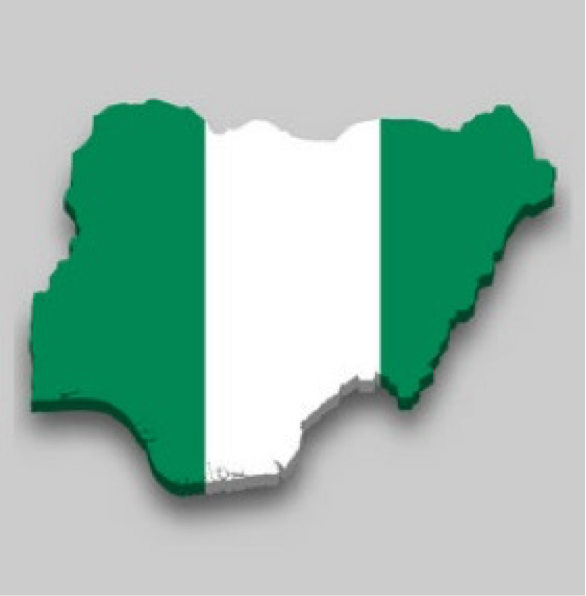

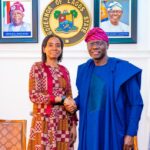
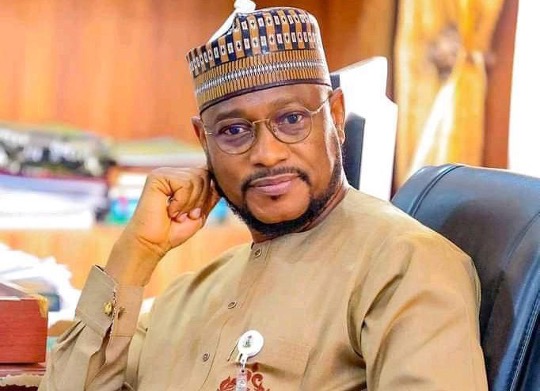

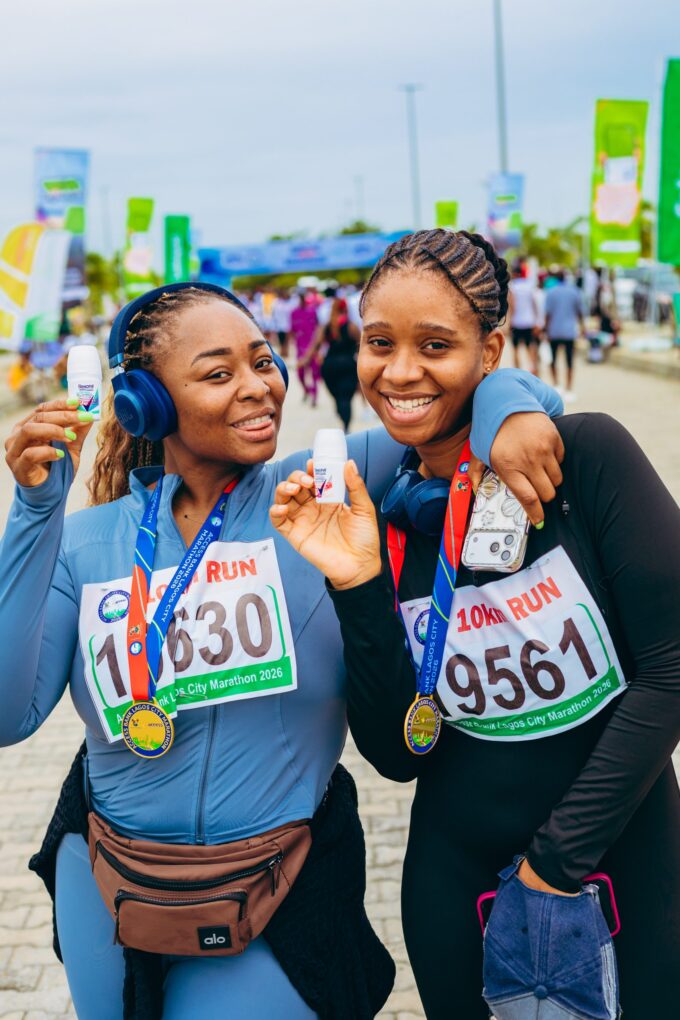
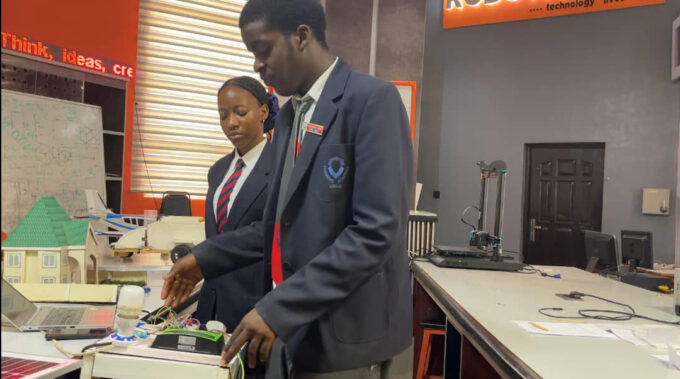
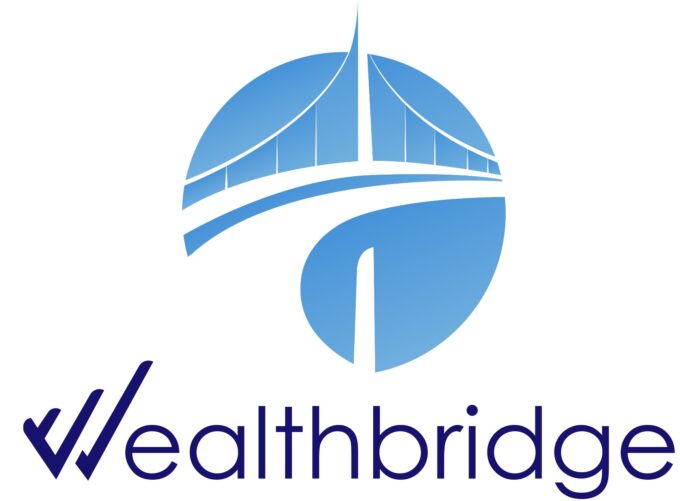
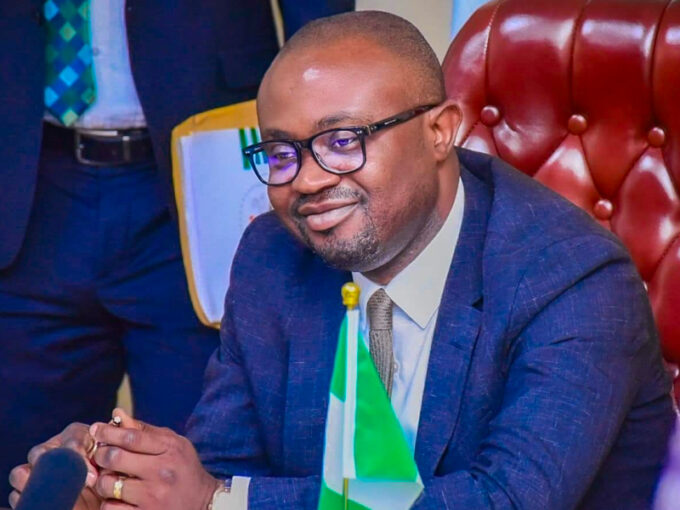


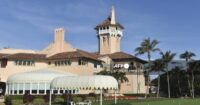
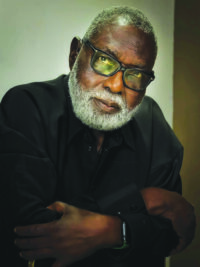

Leave a comment